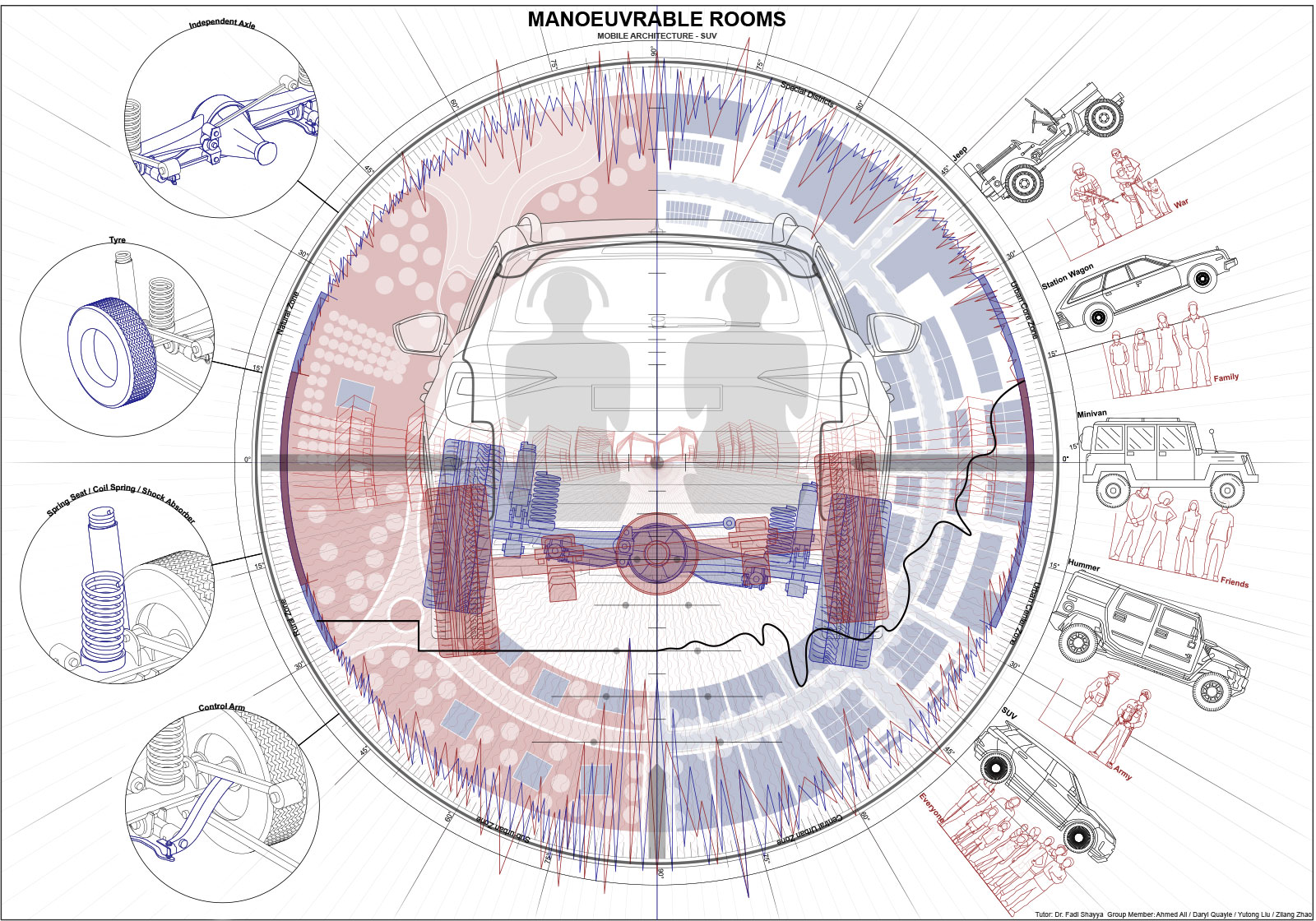Campus Architecture: Science and the City
This MArch course is conceived as a visual and analytic chronicle of the new spaces of science and Higher Education that are reshaping cities in what has been termed the ‘knowledge economy’. Students were asked to explore ethnographically the buildings of various generations, from labs to libraries.
Students
Abbigayle York, Asma Fouz, Cheng Tianmo, Deenesh Gungaphul, Froilan John Palacio, Guney Topal, Jasmine Turner, Olivia Walton, Riyan Chowdhury, Rushil Alpesh Shah, Shaan Singh, Shen Xinyu, Vikas Parekh, Wu Yicheng, Zheng Haoyu


